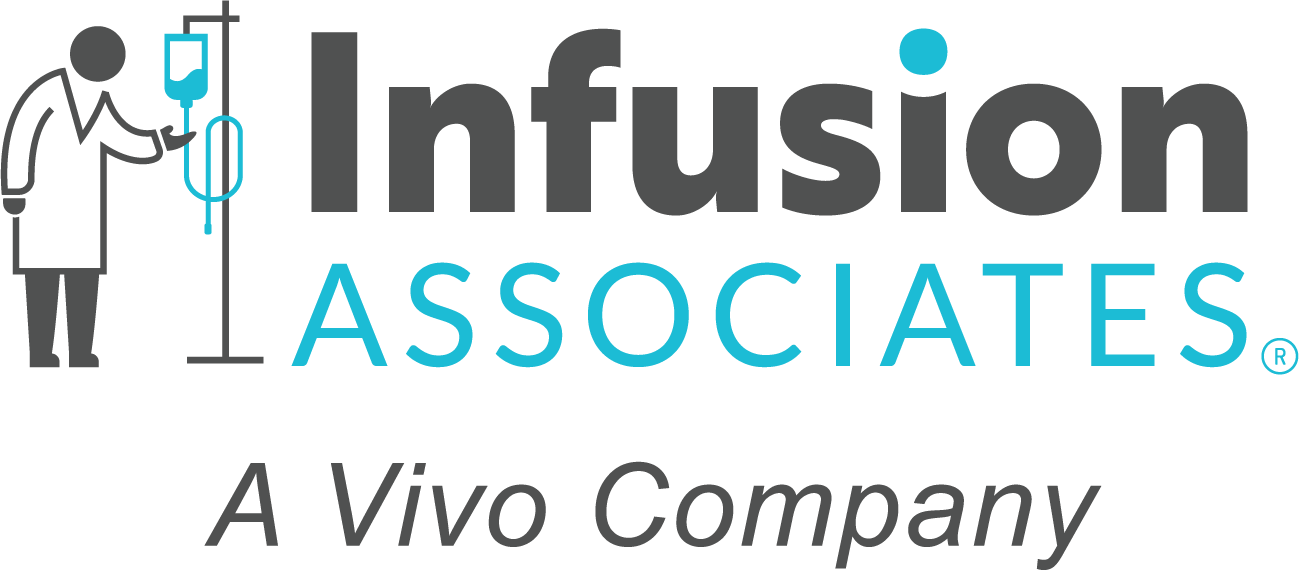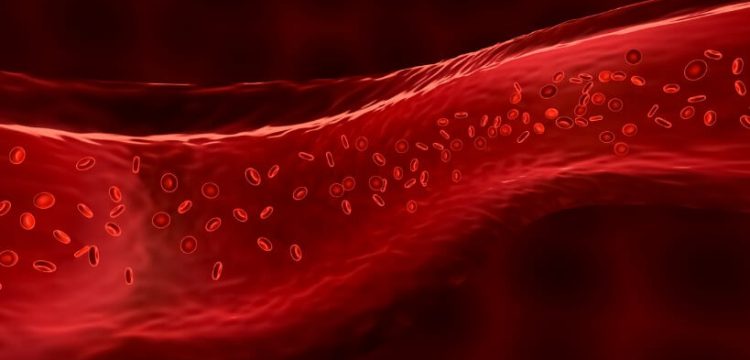What is giant cell arteritis (GCA)?
Giant cell arteritis (GCA) is an inflammatory condition that affects the blood vessels. It is the most prevalent vascular disorder among people over 50 years old, with an average onset age of 72. It can cause pain in the head, joints, face, and arms, and can even lead to vision impairment and blindness. Inflammation due to GCA constricts and blocks blood vessels, interrupting blood flow. GCA is often associated with and can overlap with polymyalgia rheumatica (PMR). Left untreated, GCA can cause blindness, stroke, and aneurysms.
The good news, however, is that GCA is a treatable condition, and most patients experience relief after only a few days of treatment. Traditional treatment options include receiving steroids such as prednisone and other corticosteroids. However, more recently infusion therapy has been used to treat GCA effectively, especially in patients who cannot take oral medications or for whom oral medication has proven ineffective.
How Infusion Therapy Works for Giant Cell Arteritis
Infusion therapy for GCA works by administering medications either intravenously (IV) or subcutaneously (under the skin). This allows for quick and efficient absorption of the medication into the bloodstream.
Talk to your healthcare provider to determine which kind of infusion therapy option is best for you.
What to Expect
Infusion therapy at Infusion Associates is meant to make you feel at home during your treatments. Far from the cold, sterile nature of a hospital, our rooms are equipped with blankets, free Wi-Fi, big-screen TVs, and more. You can even listen to music or read a book from a comfortable armchair while receiving your infusion treatments.
The duration of the infusion therapy will depend on what medications are being administered and your specific needs, but in general these take anywhere from 30 minutes to a few hours. A doctor or nurse practitioner will be monitoring the infusion throughout the duration of your treatment.
Medications Used to Treat Giant Cell Arteritis
The most common infusion medication used to treat GCA is ACTEMRA® (tocilizumab). ACTEMRA® has been specifically indicated by the FDA for the treatment of GCA. Whereas traditional prescriptions for GCA consist primarily of steroidal treatments (prednisone), recent studies have shown that a greater number of patients experienced sustained remission than patients taking only prednisone. At present, only subcutaneous (under-the-skin) infusions of ACTEMRA® have been approved by the FDA for GCA treatment. Intravenous (IV) administration of ACTEMRA® has been approved for rheumatoid arthritis but not yet for GCA. To learn more about ACTEMRA®, visit the manufacturer’s website.
Side Effects of Infusion Therapy
Common side effects of infusion therapy include:
- Dizziness
- Nausea
- Muscle Stiffness
- Itchiness at the injection site
- Headaches
Side Effects of ACTEMRA®
While not exhaustive, the following is a list of the most common side effects from ACTEMRA® usage:
- Headache
- Increased blood pressure
- Sinus pain, runny or stuffy nose
- Nausea
- Sore throat
- Mild stomach cramps
- Urinary tract infections (UTIs)
- Pain, swelling, or burning sensation at the injection site
In rare cases, patients may experience more serious side effects. Tell your doctor immediately if you experience any of the following:
- Coughing up blood
- Severe stomach pain and constipation
- Jaundice (yellowing of skin or whites of eyes)
- Dark urine
- Blood in bowel movements
- Vomiting
- Blistering skin rash
To learn more about the side effects of ACTEMRA®, read the Full Prescribing Information.
To report any negative side effects of ACTEMRA®, contact the Food and Drug Administration (FDA) by visiting www.fda.gov/medwatch, or by calling 1-800-FDA-1088.
If Your Doctor Has Recommended Treatment for GCA, Let Infusion Associates Help You
At Infusion Associates, we provide medically-prescribed infusion therapy for patients with chronic conditions in a welcoming and friendly environment. Our team of healthcare professionals is fully committed to making the experience as comfortable as possible for you or your patients. We always inform patients of any potential side effects and answer all their questions before starting treatment. In addition, we have a registered pharmacist on-site to make the process as seamless as possible.
If you would like to refer a patient to us or want to inquire about the treatments we offer, you can contact us by calling us at (616) 954-0600 or filling out this form.

